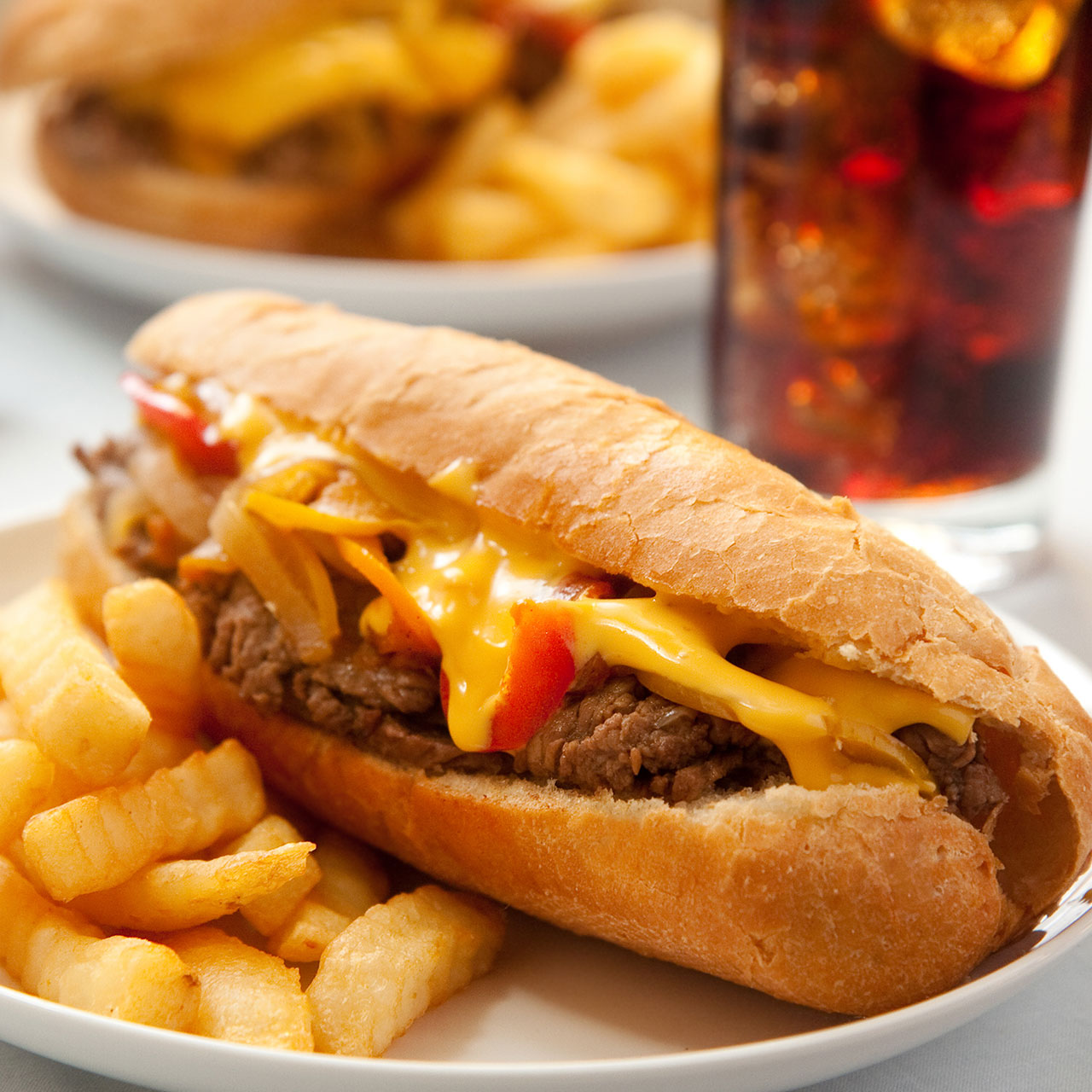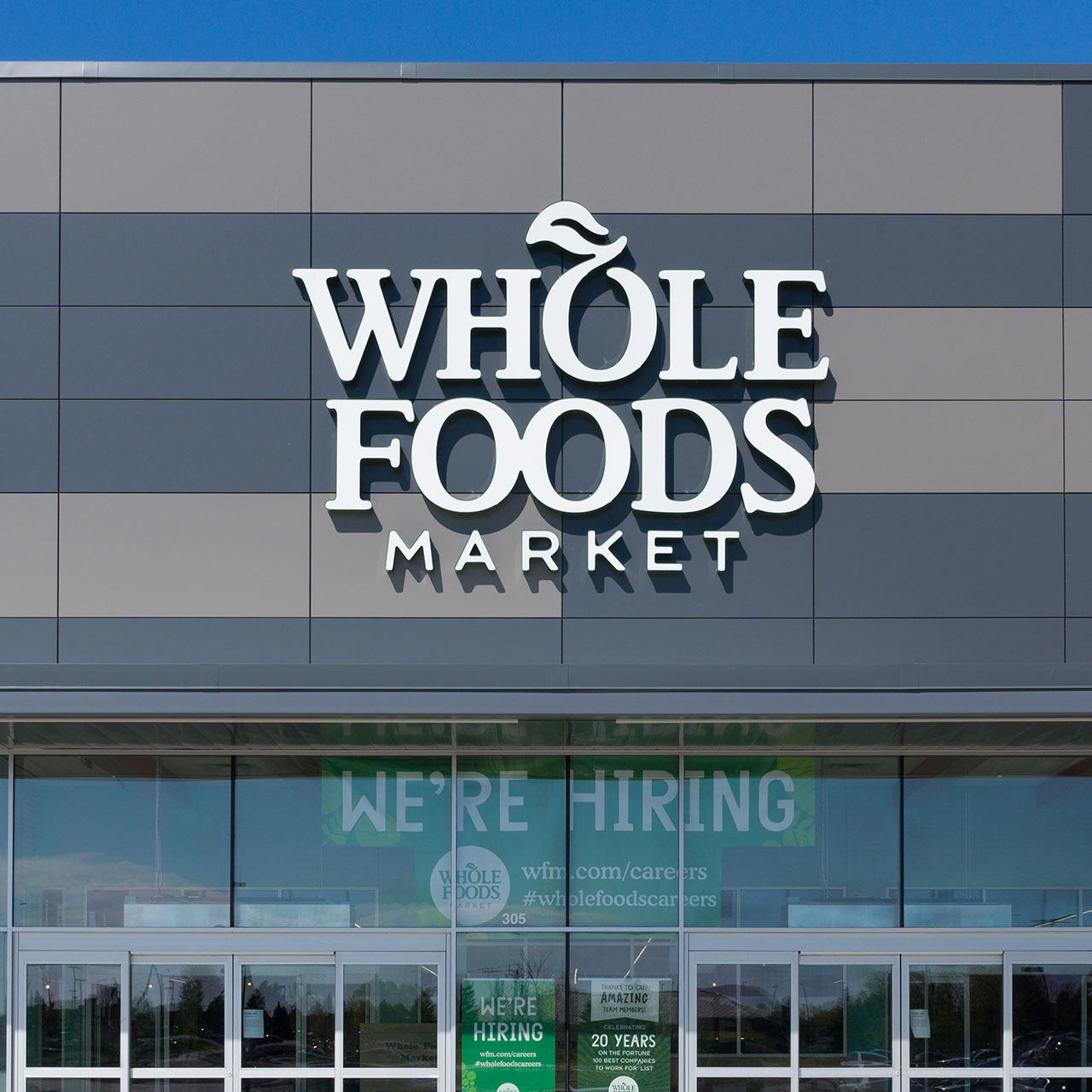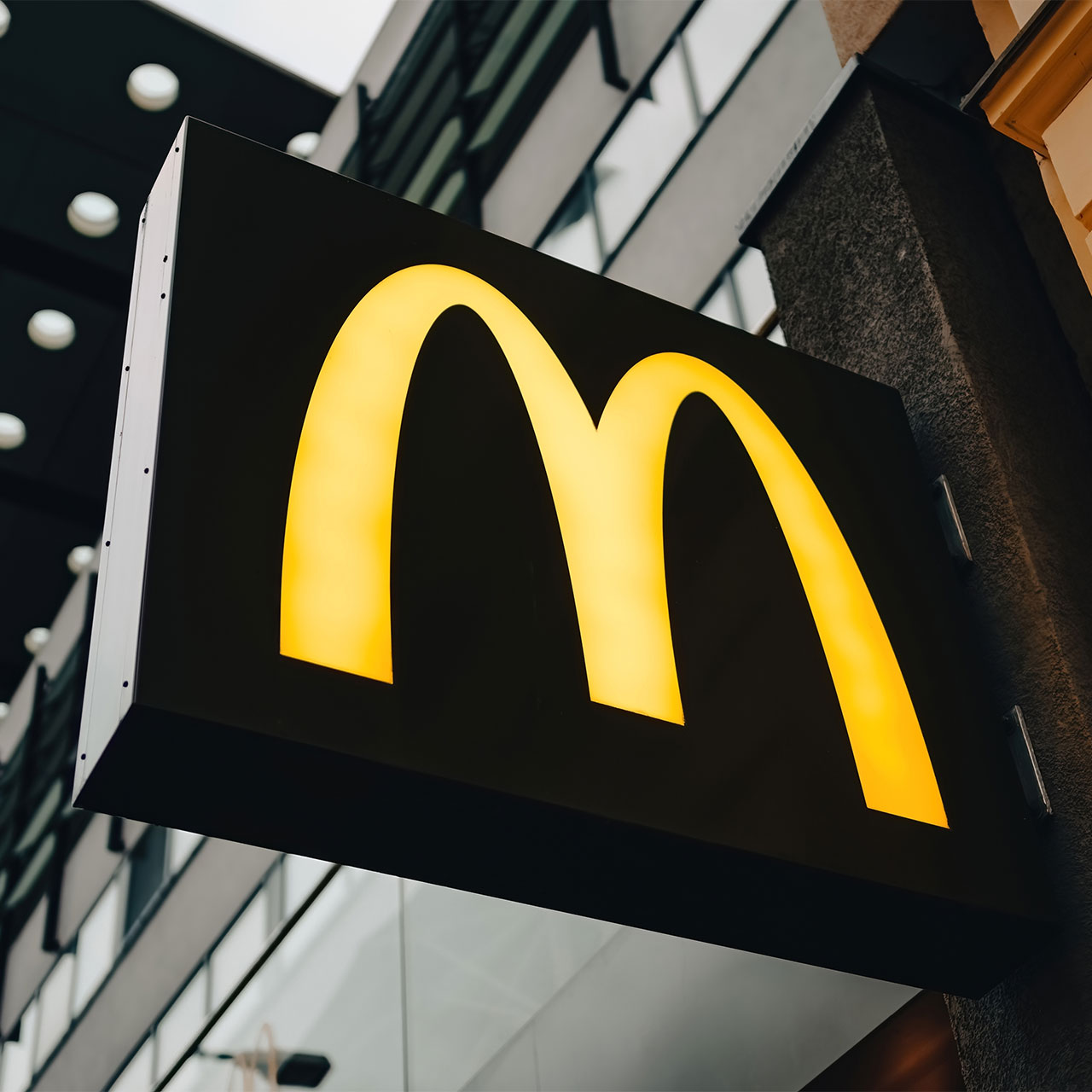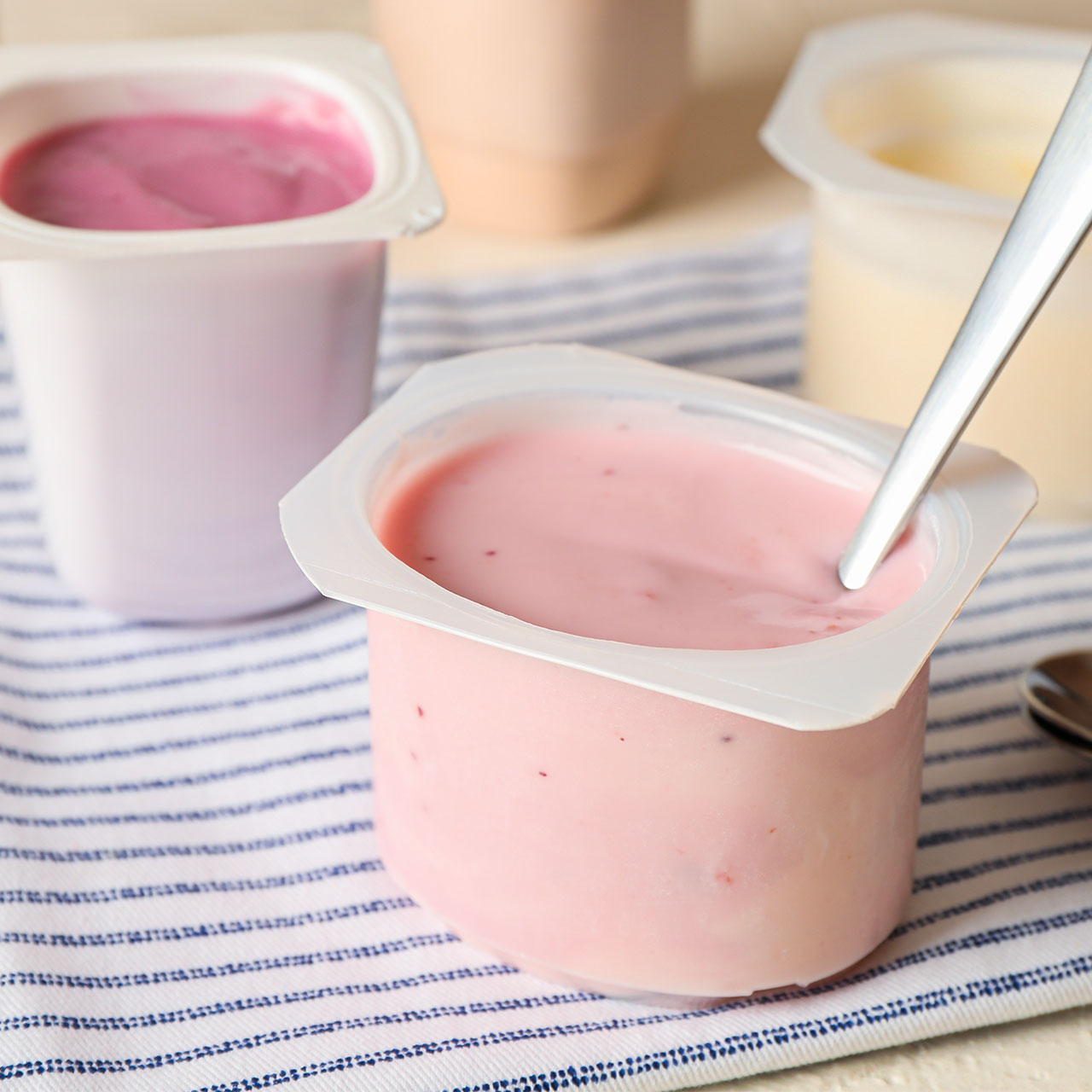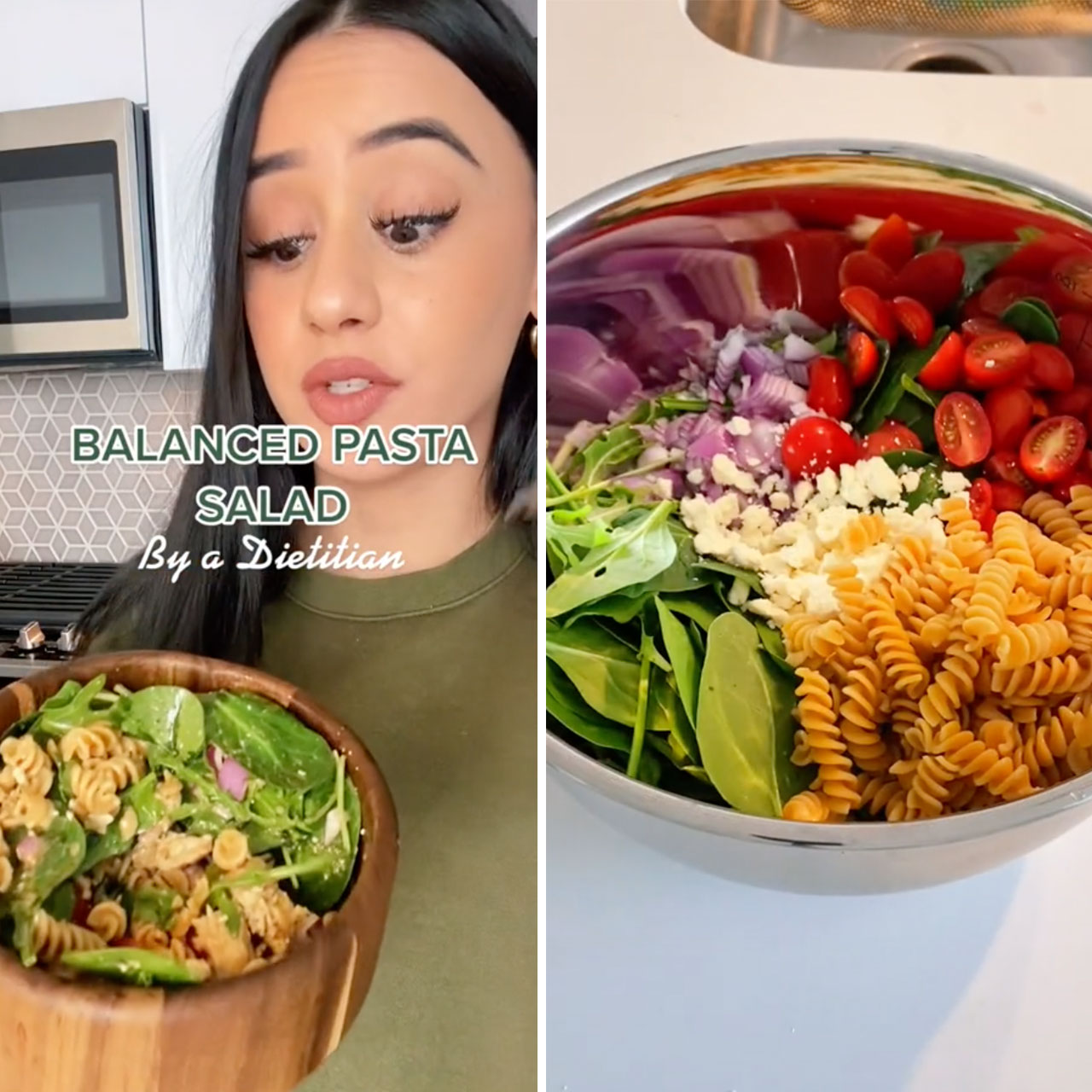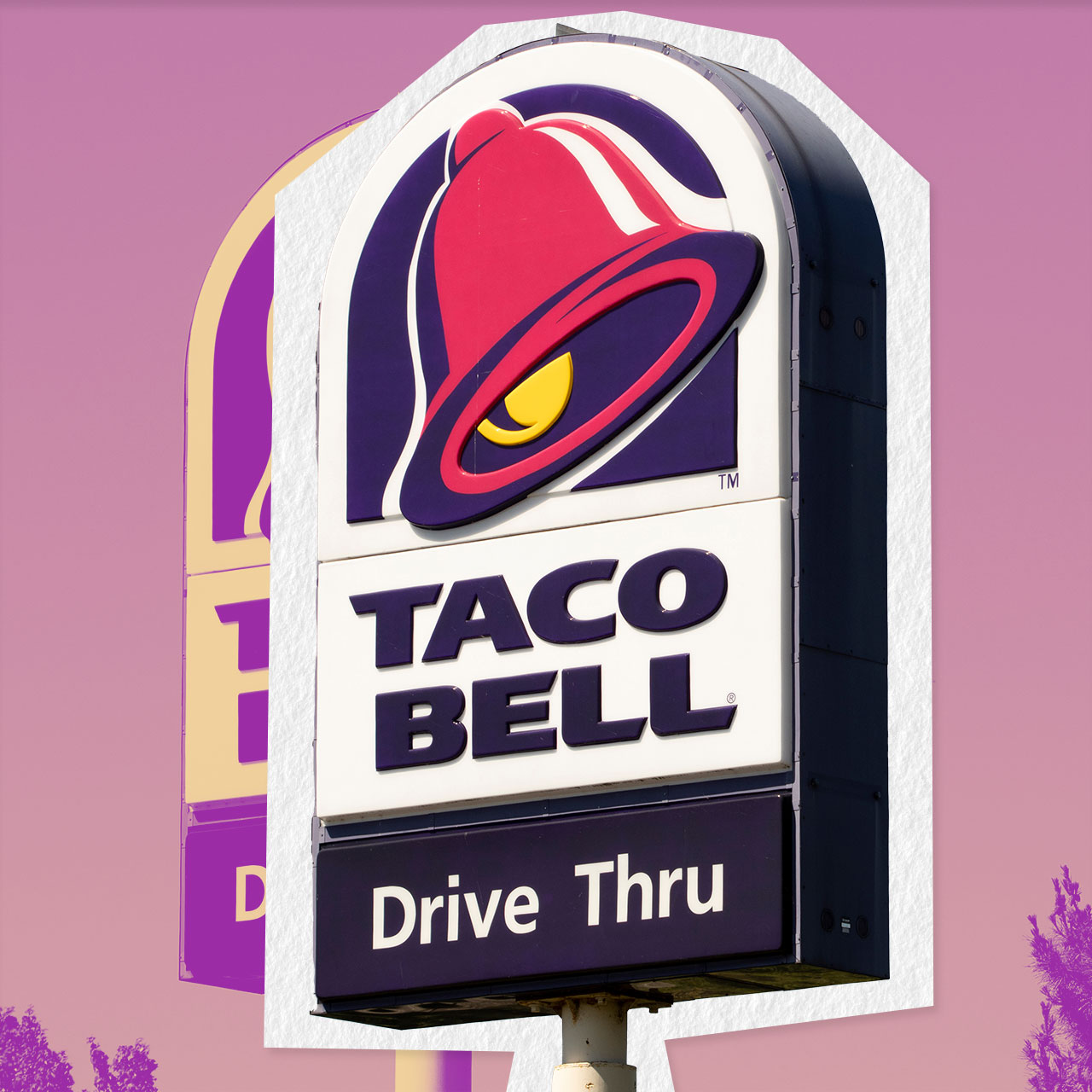Carbohydrates are a fundamental part of our diet, providing energy for our daily activities. However, not all carbohydrates are created equal. Some, often referred to as “worst carbs,” can have detrimental effects on our health, particularly when consumed in excess. These carbs are typically refined and processed, lacking essential nutrients and fiber. To make matters worse, overconsumption of these carbs has been linked to weight gain, particularly in the midsection, and an increased risk of heart issues.
So, what are some of the worst common carbs out there? We checked in with Dr. Sarah Bonza, MD, to learn about four carbs to stay away from if you want to avoid belly fat and heart problems. She revealed that white bread, high-sugar cereals, sodas, and ultra-processed snacks are some of the ones to steer clear of.

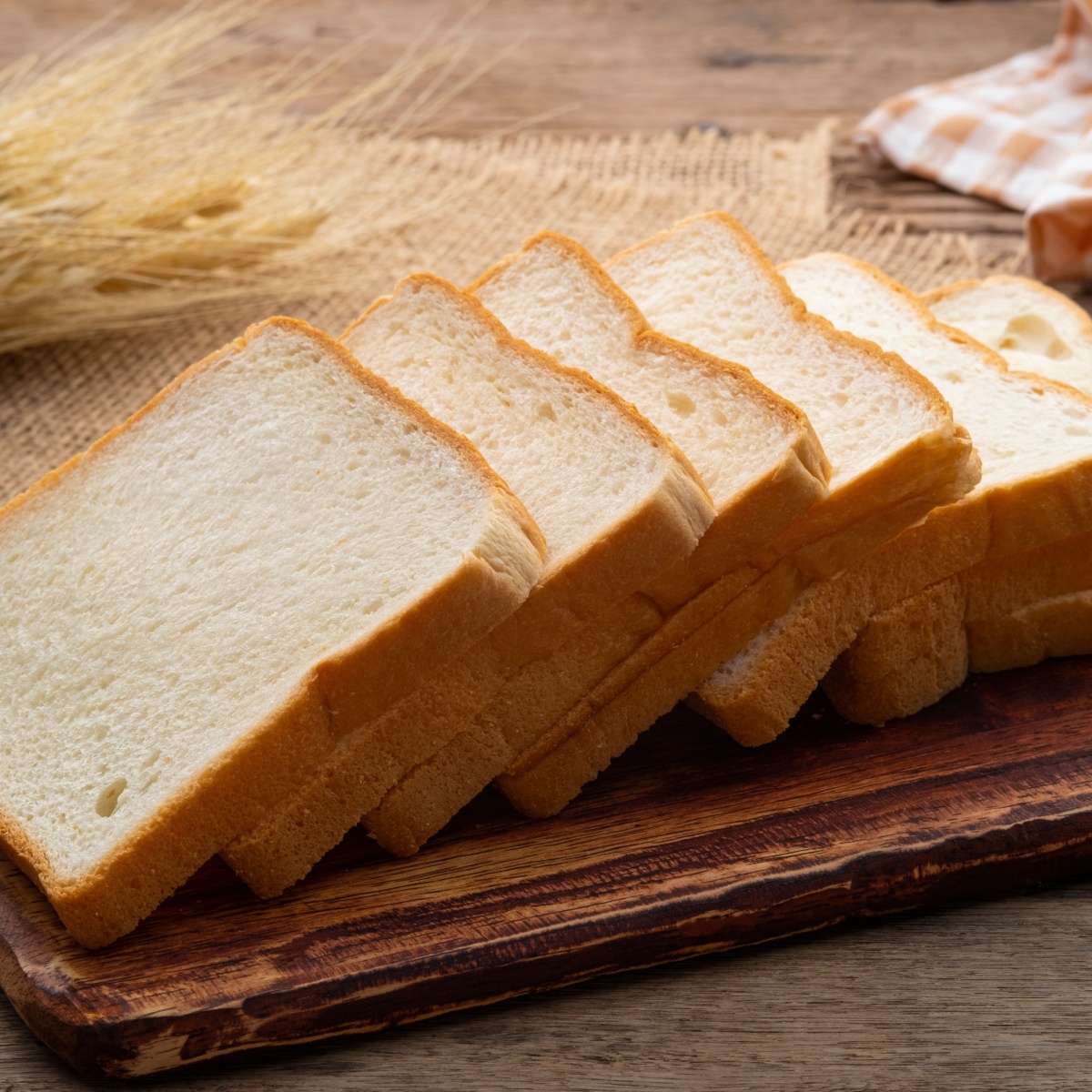
1. White Bread
Often consumed in sandwiches, toast, or alongside meals, white bread is popular due to its versatility. However, its high glycemic index can cause rapid spikes in blood sugar levels, leading to increased hunger and potential overeating. Moreover, regular consumption of white bread has been associated with the accumulation of visceral fat, particularly around the abdomen, which is linked to various health risks, including insulin resistance, type 2 diabetes, and cardiovascular issues.
"White bread is made from refined flour that has no fiber or other essential nutrients, and it can increase blood sugar levels, leading to insulin resistance, which will result in weight gain and cardiovascular system stress," says Bonza.
Healthier Alternative:
Opting for whole-grain or whole-wheat bread varieties can be a healthier choice, as they contain more fiber and nutrients.
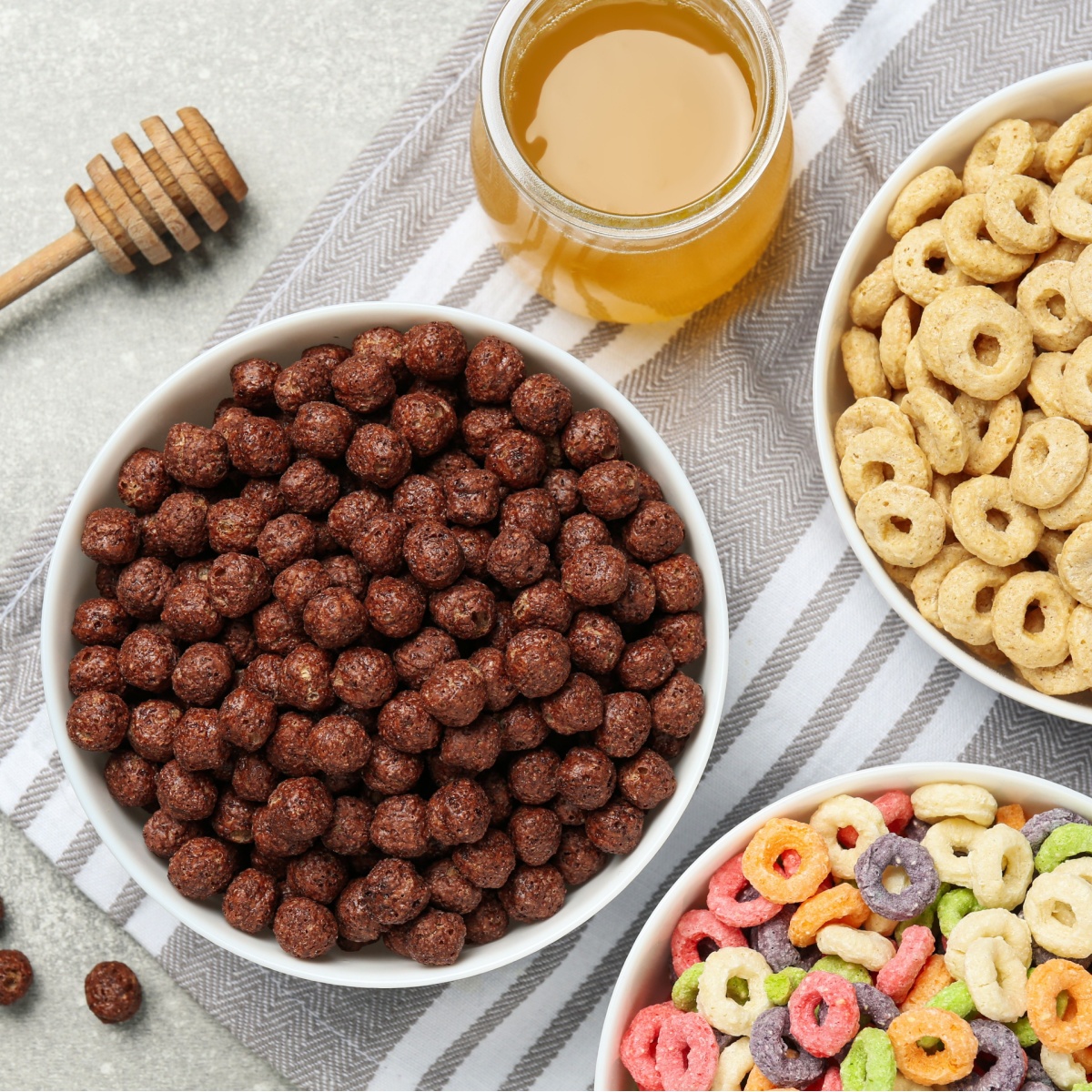
2. High-Sugar Cereals
High-sugar cereals come in a multitude of varieties, often marketed as delicious breakfast options for a quick and convenient meal. These cereals are typically laden with added sugars to enhance flavor and appeal, but they often lack important nutrients and fiber. Popular varieties include frosted flakes, froot loops, and sugary granola mixes.
"Many cereals are advertised as a good beginning to the day, but they are full of sugar and not much fiber," Bonza reveals. "Preliminary research on sugar alternatives like erythritol and stevia suggests that the compounds may spike up the blood sugar levels and lead to insulin resistance, belly fat accumulation, and elevated triglyceride levels, all of which are deleterious to heart health."
Healthier Alternative:
Instead, try going for whole grains, low-sugar cereals, or healthier breakfast options like oatmeal with fresh fruit, which can help mitigate these health risks while providing sustained energy and essential nutrients.

3. Soda
Soda, often laden with high amounts of sugar or artificial sweeteners, is a beverage choice widely consumed worldwide. However, its popularity belies its detrimental health effects. Regular consumption of soda has been strongly associated with various health issues, primarily due to its high sugar content. These sugary beverages provide empty calories, offering little to no nutritional value while contributing to weight gain and obesity, particularly in the abdominal area.
Bonza says these beverages are pretty much all sugar; as she says, "Sodas, in my opinion, are basically 'liquid sugar.' Liquid sugar such as soda does not provide any satiety, and so, adds up to calories intake. Triglycerides increase and also causes fat deposits in the middle region of the body with the risk of diabetes type 2 and heart disease."
Healthier Alternative:
As satisfying and addicting as soda is, it's wiser to choose water, herbal teas, or naturally flavored sparkling water as alternatives to soda, which can significantly reduce sugar intake and promote better overall health.
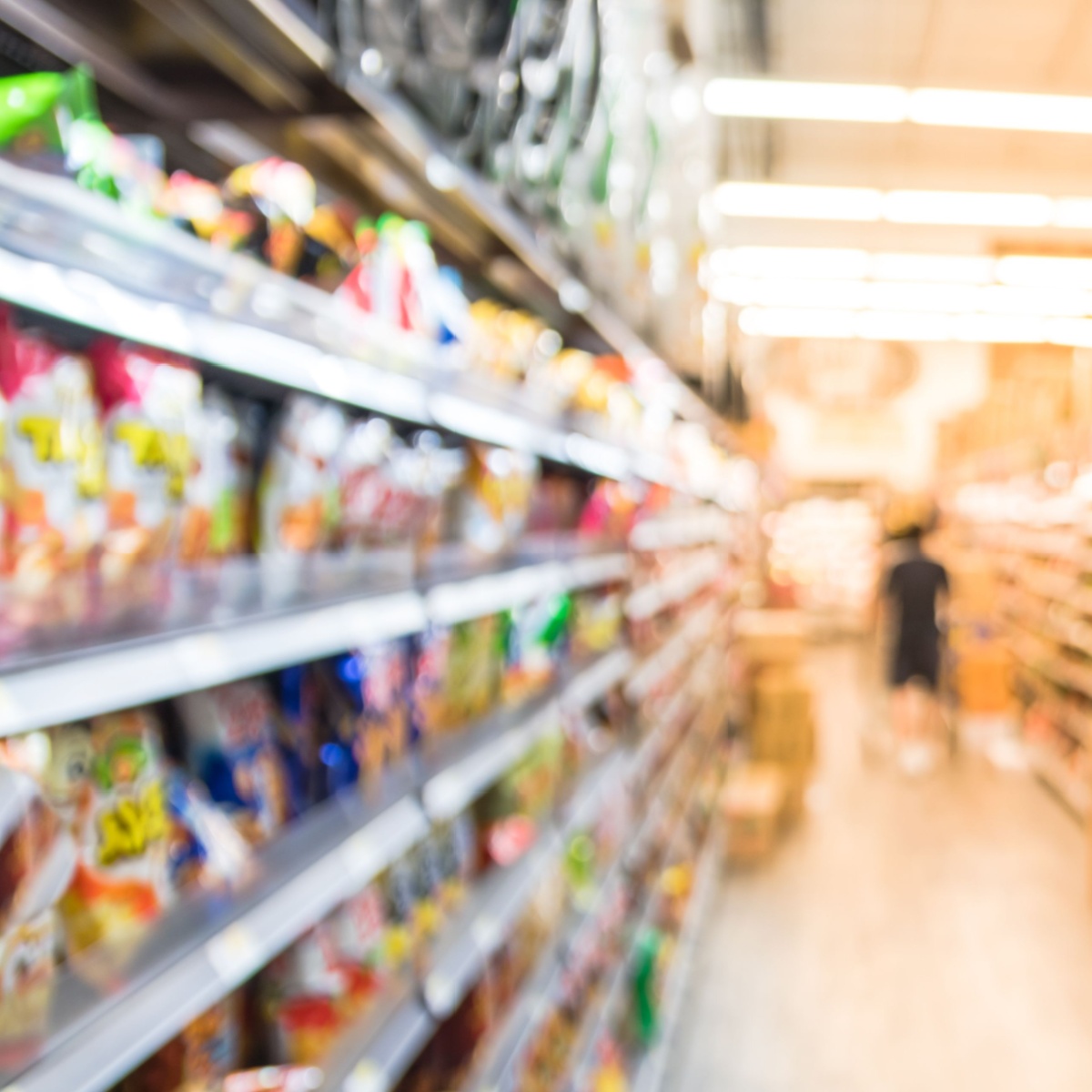
4. Ultra-processed Snacks
We all love a good snack, but the truth is that their convenience comes at a cost to our health. Ranging from chips and cookies to pre-packaged cakes and candies, these snacks are often engineered to be hyper-palatable, combining high levels of sugar, unhealthy fats, salt, and additives to enhance flavor and shelf life.
Moreover, the excessive intake of refined sugars and unhealthy fats found in ultra-processed snacks can lead to insulin resistance, inflammation, and elevated levels of cholesterol and triglycerides, all of which are risk factors for heart disease.
Bonza agrees and elaborates further on why we should limit these snacks. "The usual contents of ultra-processed snacks include unhealthy fats and refined flours, and large quantities of sugar and salt. They have been shown to be associated with obesity, increased visceral fat, and elevated LDL cholesterol, which blocks arteries and increases risk of heart disease," she notes.
Healthier Alternative:
Choosing whole, minimally processed snacks like nuts, fruits, or yogurt can provide essential nutrients and help maintain a healthier weight and heart.





